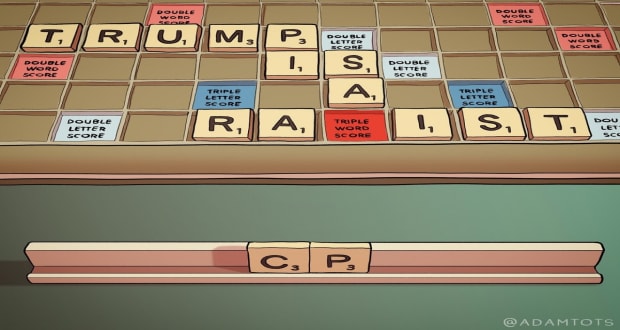For more than a year now, EFF has encouraged mainstream press publications like the New York Times to aggressively defend WikiLeaks’ First Amendment right to publish classified information in the public interest and denounce the ongoing grand jury investigating WikiLeaks as a threat to press freedom.
Well, we are now seeing why that is so important: at a House Judiciary subcommittee hearing on July 11th, some members of Congress made it clear they also want New York Times journalists charged under the Espionage Act for their recent stories on President Obama’s Kill List
and secret US cyberattacks against Iran. During the hearing, House Republicans “pressed legal experts Wednesday on whether it was possible to prosecute reporters for publishing classified information,” according to the Los Angeles Times.
In addition, the Washingtonian‘s Shane Harris reported a month ago that a senior
Justice Department official made it clear that reporters who talked to sources about classified information were putting themselves at risk of prosecution
.
Leaks big and small have been happening for decades — even centuries — and the most recent are comparable to several others. No journalist has ever been prosecuted under the Espionage Act and it has generally been accepted, even by Congress’s own research arm, that the publication of government secrets by the press is protected speech under the First Amendment. Yet the government is actively investigating WikiLeaks and now threatening others for just that.
The mainstream media may see little in common with Assange’s digital publication methods or his general demeanour, but what he is accused of is virtually indistinguishable from what other reporters and newspapers do every day: poke, prod, and cajole sources within the government to give up classified information that newspapers then publish to inform the public of the government’s activities — via EFF















 RSS – Posts
RSS – Posts